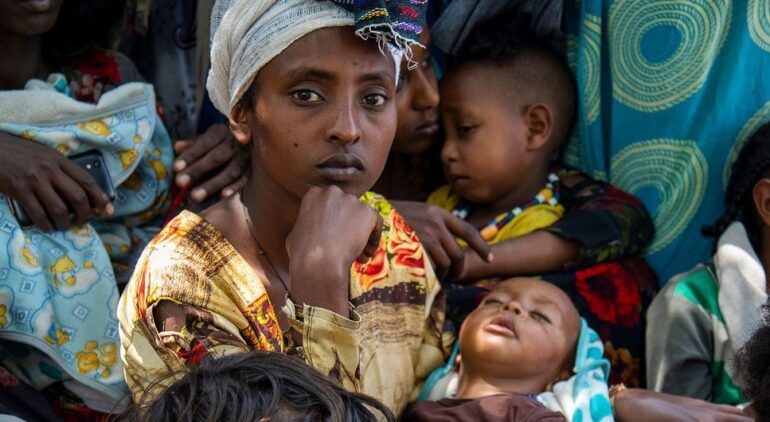From Enemys Child To Blessed Child
Content Warning: Please take note this article will discuss topics of war and sexual violence. Please read with care.
In Tigray, Ethiopia, a two-year war has deeply impacted women and children, with many women facing sexual violence. The resulting pregnancies often lead to children, known as "Enemy's Child," who along with their mothers, suffer from stigmatization and societal rejection.
From Enemys to Blessed Child in Tigray
What We Are Doing
We want to change the narrative and help mothers and children facing exclusion and help them heal from their trauma.
We are trying to provide 180 mothers, per year, access to:
-Trauma Healing
-Income Generation opportunities for Financial Empowerment
Currently we already are:
-Working closely with the local government to select mothers in need of our support.
-We have trauma healing programs ready for intake.
-We have financial empowerment opportunities ready.
Once we have the financial support we need from donors, we will be able to provide these programs to mothers in need.
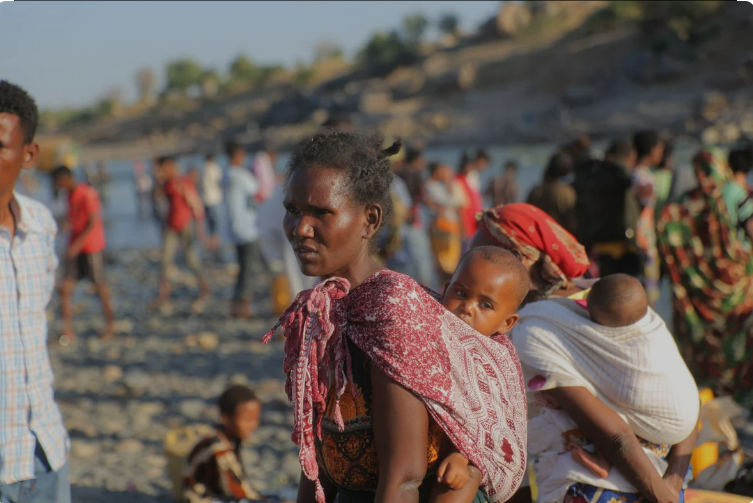
Program Overview
The program includes bringing women from different regions in Tigray, who were sexually assaulted by rival task forces during the conflict between Ethiopia and Tigray, gave birth to their children, and are now experiencing various forms of abuse and stigmatization from the community for having an enemy child to a rehabilitation facility. There, they will receive training in trauma healing and empowerment techniques to help them accept their current circumstances, love their children, and begin their lives with a little bit of hope and business. When they are returned, providing them with a little sum of money might help them rebuild their lives, possibly changing their areas to start new life and earning money on their own. Selection of mothers and bringing them to a rehabilitation center will be done with the responsible government body from the data they already have.
Assessment Of Need
According to reports from bureau of women affairs more than 127,000 women were subjected to gender based violence during the conflict by different forces and several women have given birth to children from people who are believed to be enemies. In addition to being exposed to physical violence and having a baby without their will, those mothers are suffering significantly mentally and psychologically as the community is verbally assaulting and telling them that they do not want to see a baby born from an enemy and an enemy’s parent. As humanitarians, we would like to extend our help to children who begin their lives as hated and the mothers who are suffering extreme rejection. This project aims work to empower and rehabilitate those mothers and rescue the future of those mothers who are suffering from excessive hate and rejection and those children who this world accepted them with much hate.
To read further about the impacts on women and children, see below.
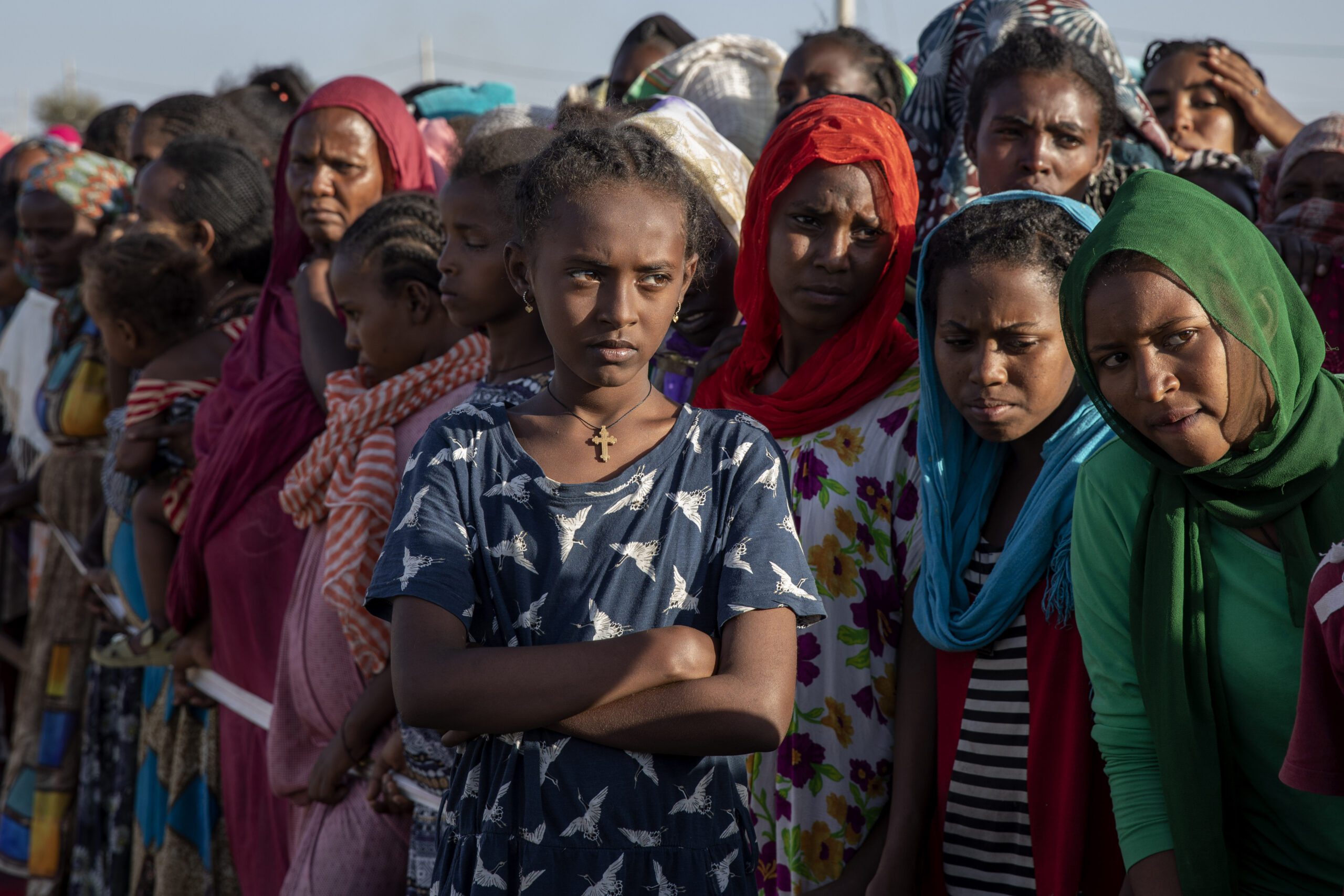
The Impact on Children:
Children conceived through wartime rape are born into a world where their existence is a constant reminder of violence and suffering. These children are often ostracized by their communities, seen not as innocents, but as living symbols of the enemy. The stigma they face results in exclusion from social and educational opportunities, leading to a life marked by poverty and discrimination. The psychological impact on these children is profound, as they grapple with identity issues and a pervasive sense of unworthiness, compounded by the rejection from the very communities that should protect them.
The Aftermath For Women:
For the women of Tigray, the consequences of wartime rape are devastating and multifaceted. Beyond the immediate physical and emotional trauma, these women are often abandoned by their families and communities. They are blamed and shunned, left to raise their children in isolation and extreme poverty. The societal stigma surrounding sexual violence victims in Tigray is so severe that it hinders their ability to access essential services and support. These women struggle to provide for their children, facing immense psychological distress while coping with the daily challenges of survival in a hostile environment.

Societal and Cultural Challenges:
The entrenched cultural norms and societal attitudes in Tigray have added to the suffering of these women and their children. Victims of rape are frequently viewed as dishonoured, and their children are seen as perpetual reminders of the violence inflicted by enemy forces. This stigmatization perpetuates a cycle of shame and exclusion, preventing both women and children from leading normal, fulfilling lives. The lack of community support and the pervasive culture of silence around sexual violence further isolate these individuals, making it difficult for them to find solace or seek justice.
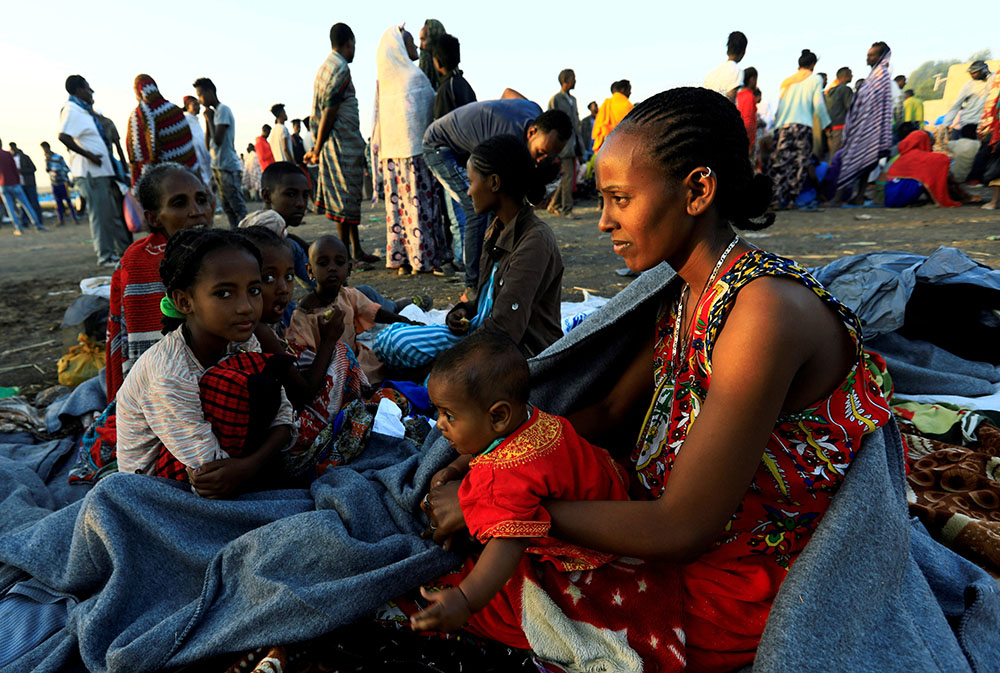
The Psychological Toll:
The psychological toll on both the women and their children is immeasurable. Women face severe post-traumatic stress, depression, and anxiety, compounded by the constant reminder of their assault through their children. The children, in turn, suffer from identity crises, feeling unwanted and unloved in a world that views them as embodiments of an enemy. The lack of psychological support services in conflict zones like Tigray means that both mothers and children are left to navigate their trauma alone, often resulting in long-term mental health issues that span generations.
Conclusion:
The ongoing conflict in Tigray has wrought a humanitarian crisis that deeply affects women and children. The children born of wartime rape and their mothers are enduring unimaginable hardships, facing a society that often sees them as symbols of dishonour rather than victims of violence. Addressing their needs requires not only immediate humanitarian aid but also a fundamental shift in societal attitudes towards sexual violence and its survivors. It is crucial for the global community to recognize and support these victims, advocating for their rights and working towards a future where no child or mother is stigmatized for the atrocities inflicted upon them.
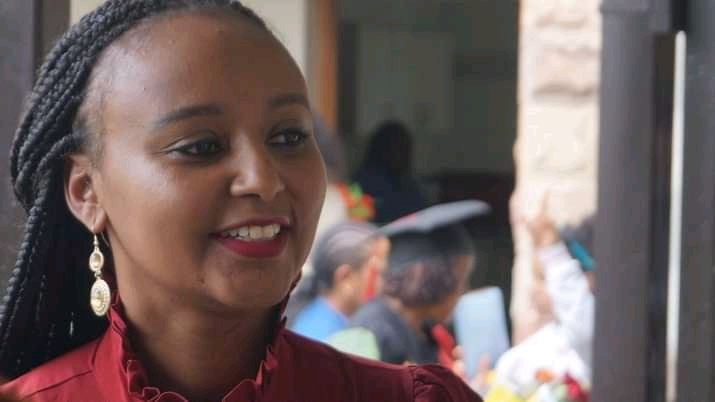
About Eyael
I have one older sister and younger brother from my mother, and two older sisters and one younger brother from my father, totally two brothers and three sisters. My mother was just eighteen when she gave birth to me, she used to live in Yirgachefe (one of the cities out of Addis) with her family. While our father was living in Addis with our elder sisters mother (Nigisty), He wanted my brother and me to come and stay with him in Addis for a better living. Our mother agreed to sacrifice her love believing we will get a better life and brought us to our father. Unfortunately our dad who was planning to give us that better life, left this world when I was seven and all the responsibility came upon our mother Nigisty who raised me and my brother with full dedication like her own, sacrificing her life and she doesn’t deserve to be called by any other name other than real mom. I was three and half years when I came to stay with my father. In the process of having two mothers I couldn’t get the chance to fully experience the love I had inside.
After finishing high school, I joined AAU to study construction management and received Jesus as my personal savior while in the campus. After finishing and while working and earning a salary I felt like there was something missing that even a good job couldn’t satisfy, which initiated me to ask God about the gap if there is anything more to live for. To make it short, though I had an interest in playing with kids I didn’t know it could go any further to go beyond, but God led me to study Holistic Child Development MA program at ETC which somehow indicated I have a purpose to do in the area of children and education which made me change my job to teaching children. But in the process I was also feeling like I needed to further my studies in the area of children and education and continued the educational leadership MA program again at ETC, where by some of the theological courses also challenged me to continue studying more and I joined EGST to study the biblical studies post diploma program, during this a ministry working in mission work in collaboration with empowering rural area schools by giving different support and training also emerged.
Mothers Love
I have a special affection for those women since I was adopted and raised by a Tigraway mother who chose to take care of us when our father passed in our early age. She is my personal representative of all Tigrayan mothers.
Our father had a family in Addis before he gave birth to me and by brother from a different mother in Southern area. He then decided that we should be raised and have our education here with Him, unfortunately he passed when I was just 7, then our adoptive mother (I don’t like the term step) raised us with great resiliency and devotion for her word she gave to our father (She represents the Tigrayan mothers for me).

